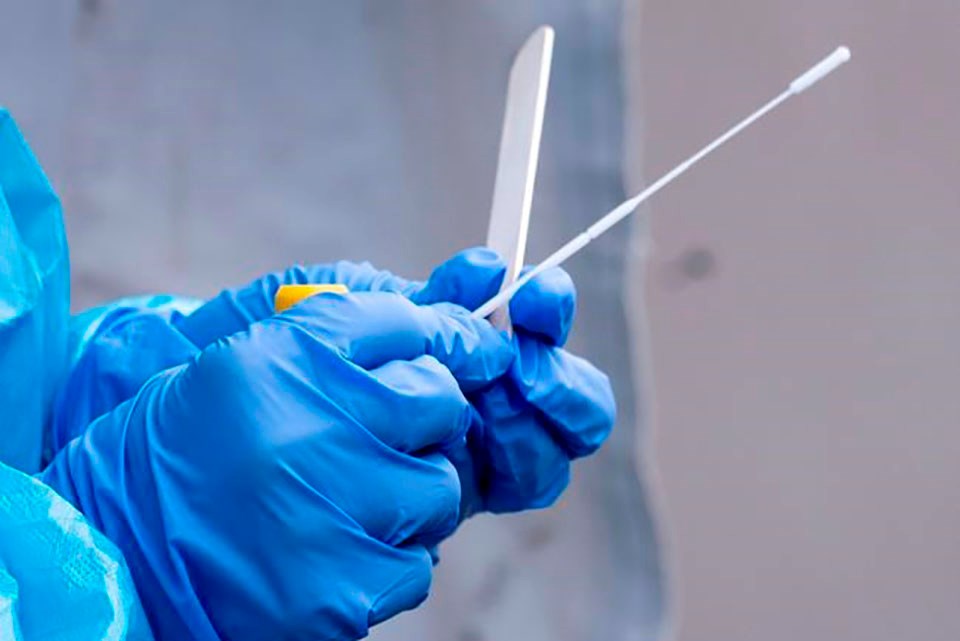OTTAWA — Health Canada has reversed course on home test kits for COVID-19, saying it will now review applications for such devices.
In June, the department indicated it would not review such applications.
But Cole Davidson, a spokesman for Health Minister Patty Hajdu, says that was meant to apply to test kits for diagnosing cases of COVID-19.
Due to the evolution of the pandemic since then, he says Health Canada is now considering applications for at-home testing devices for screening purposes.
Davidson says Health Canada, which regulates the safety of all medical devices sold in the country, "is open to reviewing all testing solutions."
In a statement Tuesday, Hajdu says a Health Canada official "misspoke" in confirming earlier this week that applications for home testing kits would not be reviewed.
"Early diagnosis is critical to slowing and reducing the spread of COVID-19 in Canada," she said.
"We made emergency changes to allow faster access to COVID-19 tests in Canada, and Health Canada has already authorized a number of testing devices. I want to be clear that Health Canada continues to work with hundreds of manufacturers that are using new and innovative technologies.
"The official in this case misspoke and Health Canada is open to reviewing all testing solutions as they become available and are proven effective."
Davidson said that "includes approaches that use self-collection and/or at-home test kits, in particular for screening purposes."
Canada's deputy chief public health officer, Dr. Howard Njoo, said the "gold standard" for diagnosing COVID-19 remains the polymerase chain reaction (PCR) test, which involves taking a nasal swab.
It will continue to be used in instances where "it's very important to critically get the result right, for example a sick person in intensive care in the hospital or someone who is symptomatic in a long term care facility," Njoo said.
But he said other tests, like home testing devices, could be used in other less critical scenarios, such as regular screening for COVID-19 in workplaces.
"It's quite complicated but the bottom line is we're open to examining all types of testing technologies because the more tools we have in the toolbox in terms of different types of tests available to use in different types of contexts, the better," Njoo said.
This report by The Canadian Press was first reported Sept. 1, 2020.
The Canadian Press



